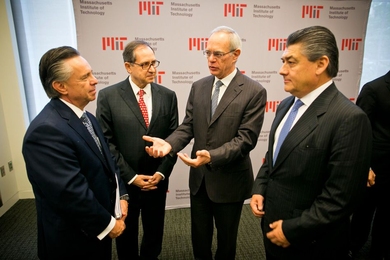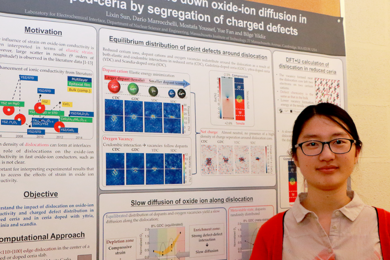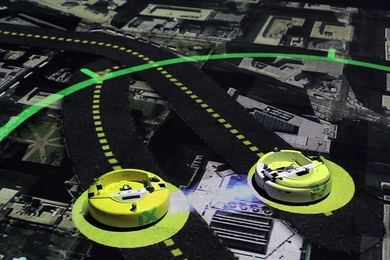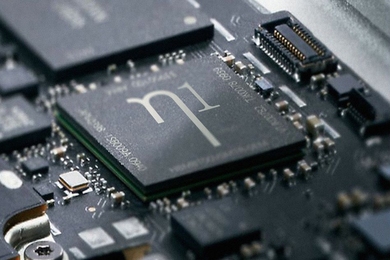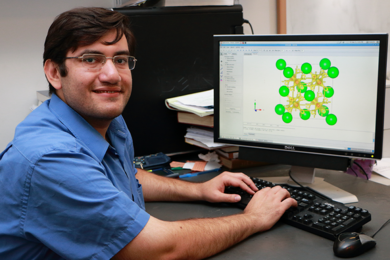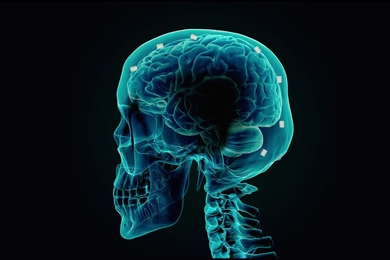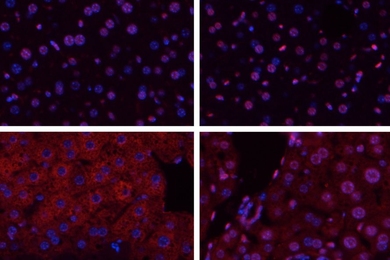MIT startups win big at MassChallenge
In annual competition, 12 MIT-affiliated teams earn grants and prizes to launch their businesses.
Faculty highlight: Christopher Schuh
Metallurgist pushes grain boundaries: Nanostructured metal alloys deliver tougher materials, lower costs, and safer outcomes.
Stretching oxides to modulate electrochemical properties
Grad students Lixin Sun and Qiyang Lu are developing techniques for applying strain to materials to accelerate oxygen-reduction reactions for applications in solid-oxide fuel cells.
CSAIL, MechE marine experts win international self-driving boat competition
MIT marine experts win international RobotX self-driving boat competitionMIT students join Olin College to finish first in RobotX Challenge.
Raising cryptography’s standards
Calculating encryption schemes’ theoretical security guarantees eases comparison, improvement.
Harnessing error-prone chips
New system would allow programmers to easily trade computational accuracy for energy savings.
Concrete Sustainability Hub names Randolph Kirchain as co-director
Engineer studies materials' role in manufacturing and infrastructure.
Beating battery drain
Startup’s power-conserving chip may increase smartphone battery life, save energy in cell towers.
Keeping hydrogen from cracking metals
MIT postdoctoral associate Mostafa Youssef and graduate student Aravind Krishnamoorthy tackle different aspects of the problem at atomic scale.
Better chemotherapy through targeted delivery
New approach could kill tumor cells in the brain more effectively and avoid side effects.
A double-edged sword
An enzyme key to DNA repair can worsen tissue damage caused by stroke and organ transplantation.
AeroAstro turns 100
Nine astronaut alumni and Elon Musk join in celebrating department’s centennial.
